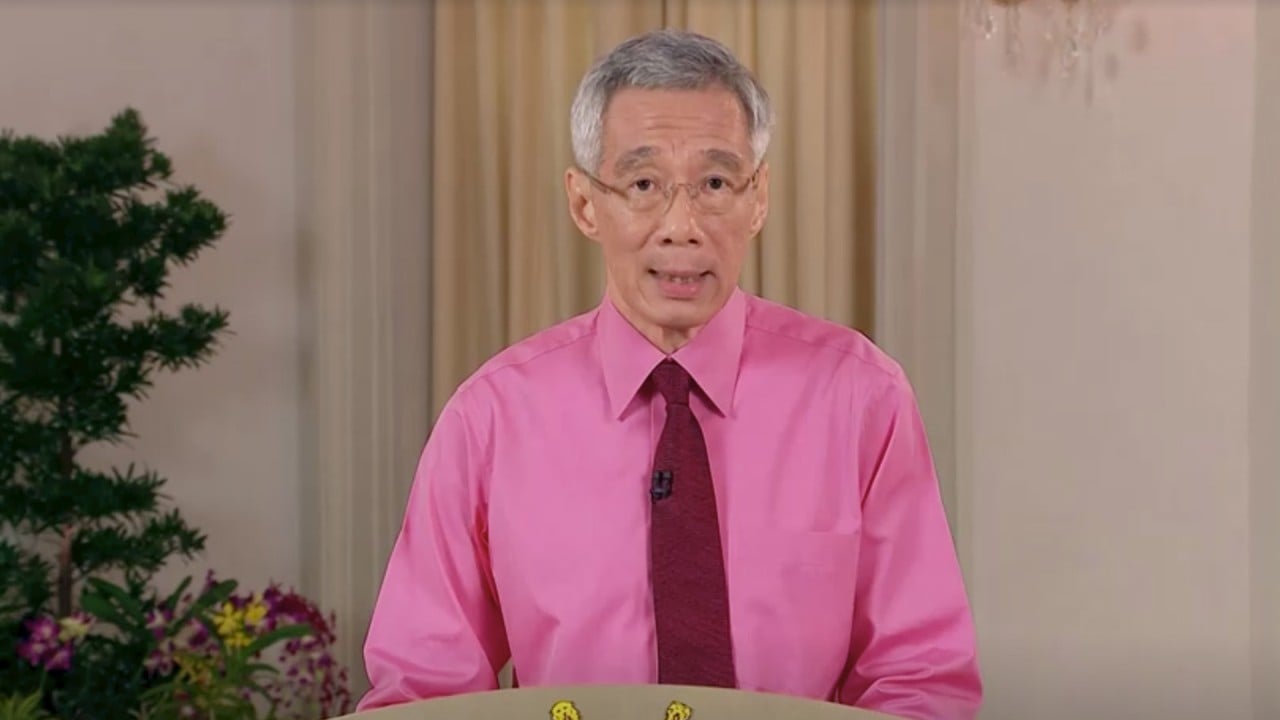
Singapore election: NCMP scheme lets losers win but at what price?
- Singapore’s non-constituency MP scheme was devised to satisfy voters wanting a PAP government but also elected opposition to keep them in check
- But is there a Catch-22 when ‘best losers’ among opposition candidates accept the role?
Very few Singaporeans would remember M.P.D. Nair, a unique political figure long forgotten and reduced to the footnotes of history. He was a former opposition politician with the Workers’ Party (WP), who had the honour of being the best loser in the 1984 general election.
Up till then in the island republic’s history, being the best loser was a meaningless title which would at best elicit a rueful sigh and a consolation toast from party comrades. But Nair was different.
He was offered the chance to enter Parliament as the first Non-Constituency MP (NCMP), a clever constitutional creation that the ruling People’s Action Party (PAP) was introducing in the 1984 polls.
Nair and his party turned down the offer, pointing out the real purpose of the new scheme was to encourage Singaporean voters to return all parliamentary seats to the PAP.
Singapore election: the parties taking on the PAP on July 10
Because such was, and still is, the curious phenomenon of the Singaporean voter, who wants the PAP as the government yet hopes to have some opposition voices to keep the rulers in check.
In the words of new WP candidate Jamus Lim in a television debate on July 1: “What we’re trying to deny the PAP is not a mandate. What we’re trying to deny them is a blank cheque.”
NCMP is the device invented to satisfy this democratic anomaly. Although it did not get off to a good start because of Nair’s rejection, it began to grow in popularity because his successors have been far less able to resist its allure.

01:15
Singapore to hold general elections on July 10, says PM after Covid-19 lockdown lifts
Even though an NCMP was a cast-in-stone second-class legislator – with no voting rights on constitutional amendments – the temptations of being a part of Parliament became too hard to refuse for opposition politicians who realised how difficult it was to get even one seat off the dominant PAP.
So in 1988, WP’s Lee Siew Choh, who was once in Parliament with the PAP before he defected to set up splinter party Barisan Sosialis, became the first NCMP after being the best loser in the general election.
In 1997, the late J. B. Jeyaretnam – the man behind Nair’s NCMP refusal as WP chief – did an about-turn and took up an NCMP seat too.
The scheme was now a legitimate route into Parliament for opposition politicians. Four years later, the PAP talked up a young Steve Chia so that he could be the best loser instead of the less acceptable Chee Soon Juan. The ruling party succeeded.
‘Singapore does not need another Lee’, says PM’s estranged brother
A narrative for the NCMP began to emerge. Both the PAP and the opposition argued that it was a desirable post because the candidate would have the public profile in Parliament to showcase his or her talents and parlay that into a victory in elections.
So one after another – Sylvia Lim, Lina Chiam, Gerald Giam, Yee Jenn Jong, Dennis Tan, Daniel Goh and Leon Perera – became NCMPs.
But thus far, only one – Lim – has transitioned from NCMP to MP. That is one out of 10 NCMPs across 32 years. The odds are very poor. Clearly, the gap between NCMP and MP, which means to beat the PAP in a contest, is one that is very hard to bridge.
Realising the efficacy of its creation, the PAP government kept increasing the number of NCMPs, from three to nine and soon, to a maximum of 12 at this current general election.
The second-class status has also been removed with the latest constitutional changes, giving NCMP full voting rights.

The PAP is keen to advertise its new improved product. One of its cabinet ministers, Indranee Rajah, said on June 29: “Even if the PAP took all the elected seats, which we do not take for granted and cannot be a given, you will still have 12.”
The opposition said it was not the same: they needed to be MPs with constituencies so that it would allow them direct access and connection with the people and to flag their concerns in Parliament.
Yet after polling day on July 10, after the votes are counted, you can be certain that the best opposition losers will gladly accept the prefix NC so as to be an MP.
Thus far, only former PAP MP Tan Cheng Bock, who is contesting this election in opposition for the first time, has said he would reject it.
Until the opposition in Singapore is able to find a way out of this Catch-22, it will struggle to escape the dark side of the NCMP scheme: being an invited guest of the PAP in the ruling party’s Parliament home. Entry is courtesy of the hosts, limited to 12.
The writer is a Singapore journalist and author

